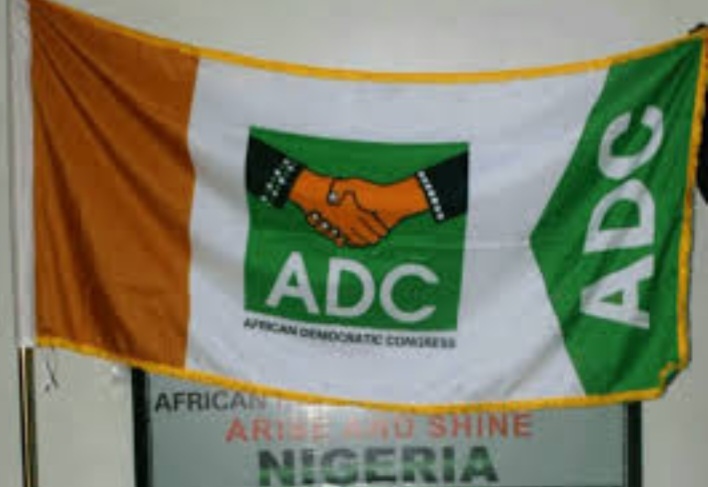Ghana, which has finally made progress on restructuring its external debt, is still in dispute with two of its electricity suppliers over arrears.
Minister of Finance Mohammed Amin Adam said earlier this month that the nation owes its power producers $1 billion, of which deals have been reached to restructure much of that debt. But the head of an energy lobby group said the right figure was $2.2 billion.
“We don’t simply count our monthly invoices and deduct what payments have been made,” said Elikplim Apetorgbor, chief executive officer of the Independent Power Generators, Ghana. He said that any debt deal must include interest on delayed payments, exchange rate losses and idle capacity charges, among other things.
The government said it has agreements with five out of seven independent power producers, leaving deals with Chinese-owned Sunon Asogli Power Ghana Ltd. and a unit of Istanbul-based Karpowership outstanding. The bill due to Sunon-Asogli alone is now more than $800 million, Apetorgbor said.
Adam, during a July 1 press conference to discuss the country’s agreement with official creditors and eurobond holders, said Apetorgbor was not speaking for the industry.
“The CEO may be doing his own thing,” he said. “We have seven IPPs and we’ve reached agreement with five of them. That is very positive for our country. It tells us that the threat of shutting down power plants will be a thing of the past.”
The Finance Ministry declined further comment.
The West African nation has been hit by power cuts this year because of a lack of funds to pay suppliers. That’s hampered economic activity, even as it makes headway in restructuring its debts after defaulting in 2022 and being forced to seek International Monetary Fund support.
Meeting Energy Needs
Ghana had installed capacity of 5,639 megawatts at the end of last year, but it’s struggling to generate enough to meet peak demand of 3,618 megawatts. If power cuts resume because the dispute isn’t resolved quickly, it could dim the outlook for growth and potentially become a factor in December’s presidential elections.
READ ALSO
Submit Cargo Price Quotes Monthly, NUPRC Orders Oil Producers, Refiners
Calendar Method For Natural Family Planning
England Defeat Netherlands 2-1 To Reach Euro 2024 Final
TRIBE OF THE WET SUN: A Review, By Akpandem James
More than half of small and medium-sized enterprises surveyed in May by the Accra-based Institute of Economic Affairs said the effect of the blackouts on their businesses was severe. SMEs generate around 85% of manufacturing employment in the country and contribute 70% to national economic output, according to GCB Bank Ltd. in Accra.
While Ghana’s first quarter economic growth quickened to 4.7% from 3.8% in the previous three months, it could have been higher had it not been for the power cuts, said Godfred Bokpin, a finance professor at the University of Ghana. “It’s taking long for economic growth to rebound to its historical trend of around 6%,” he said.
Ghana Economy Grows at Fastest Pace in More Than Two Years
Ghana’s debt crisis makes it hard for the government to pay power suppliers when state-owned energy distributor Electricity Company of Ghana Ltd. can’t foot its monthly bills, said Kodzo Yaotse at the Africa Centre for Energy Policy.
“When power is given to ECG for sale, they’re only able to recover 45%,” Yaotse said. “That’s not healthy because it’s out of this revenue that the entire value chain is paid.”
Ghana secured a $3 billion IMF bailout in 2023 but had to pledge to cut its debt burden to 55% of gross domestic product from around 90%, which meant restructuring its arrears with the power producers in addition to its other obligations.
Credit: Bloomberg





